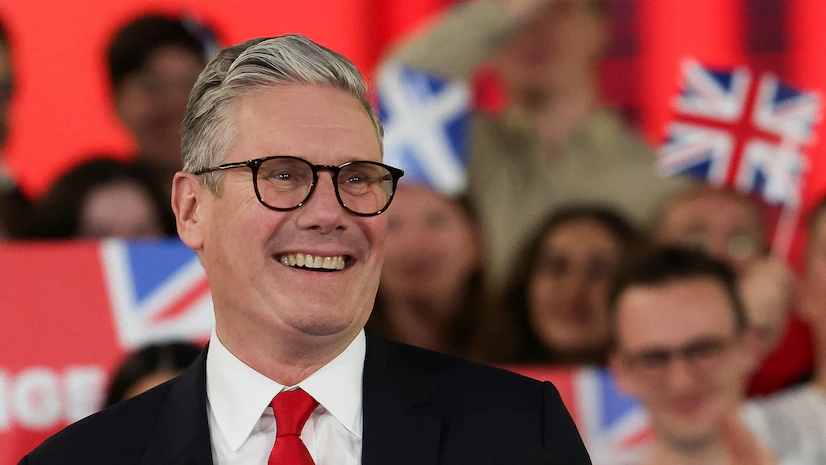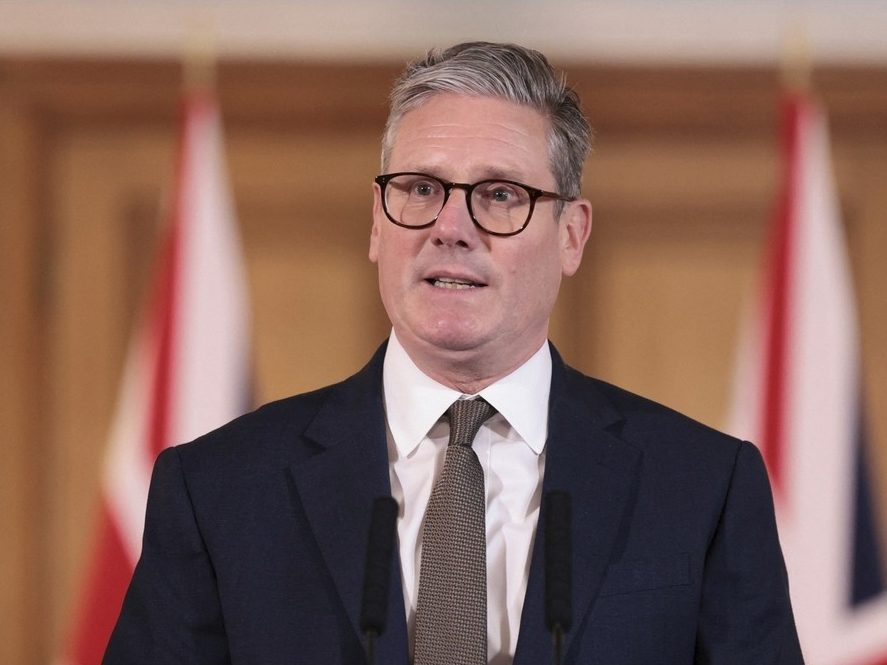British Prime Minister Keir Starmer is trying hard to improve relationships within the UK and with other countries after his Labour Party won big in the elections. During a visit to Edinburgh, he focused on making things better with Scotland, Northern Ireland, and Wales, which have had some problems in the past. Starmer also criticized the trade deal Boris Johnson negotiated with the EU after Brexit, promising to work towards a better deal that helps trade, research, and defense partnerships with the EU.
In a bid to strengthen ties further, Starmer’s government has engaged diplomatically across Europe, with ministers visiting Germany, Poland, and Sweden. This outreach underscores Starmer’s commitment to revitalizing international relations, including a steadfast alliance with NATO and support for Ukraine in the face of Russian aggression.
However, he has affirmed that the UK will not seek to rejoin the EU single market, aiming instead to forge a cooperative relationship without compromising on Brexit outcomes.

Efforts of New British Prime Minister to Revamp ‘Botched’ EU Trade Deal
On the domestic front, Starmer’s agenda includes devolving power away from centralized government structures in London to empower regional leaders. This shift aims to address longstanding economic challenges and public disillusionment following years of Conservative rule marked by fiscal austerity and strained public services. His approach includes collaborative efforts with regional mayors and politicians across party lines, emphasizing a non-tribal approach to governance.
Starmer’s international engagements have extended to global diplomacy, with discussions on the Gaza Strip ceasefire and humanitarian aid with Israeli and Palestinian leaders. These talks highlight his administration’s focus on global stability and humanitarian efforts, marking a departure from past controversies that affected Labour’s electoral support.
As Starmer prepares for an important NATO meeting in Washington, his government faces key challenges: boosting the economy, keeping the UK united, and managing international relations after Brexit. His early moves show a clear shift in policy and approach from past leaders, aiming to redefine Britain’s global role while tackling urgent issues at home.











































